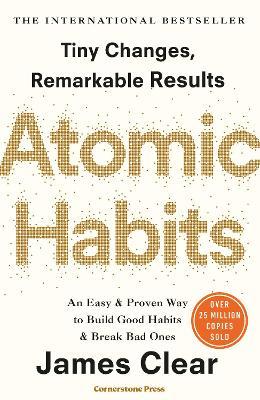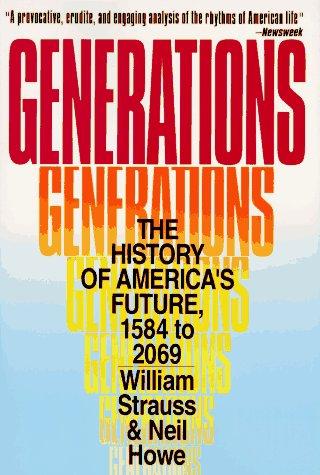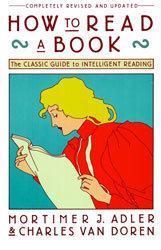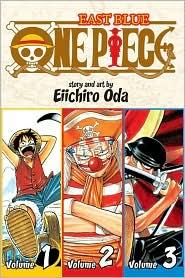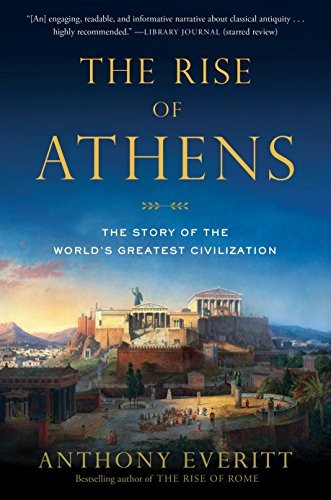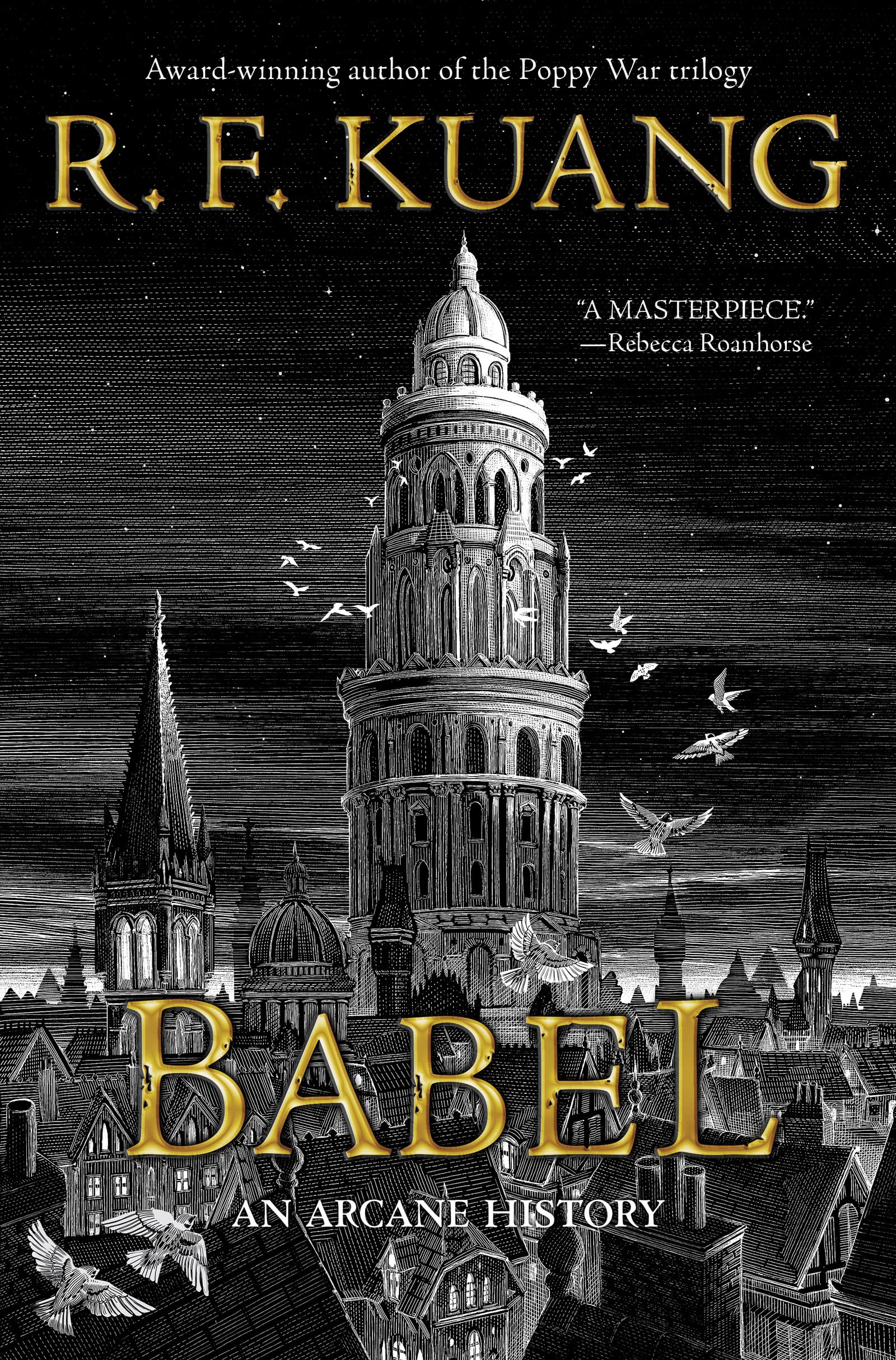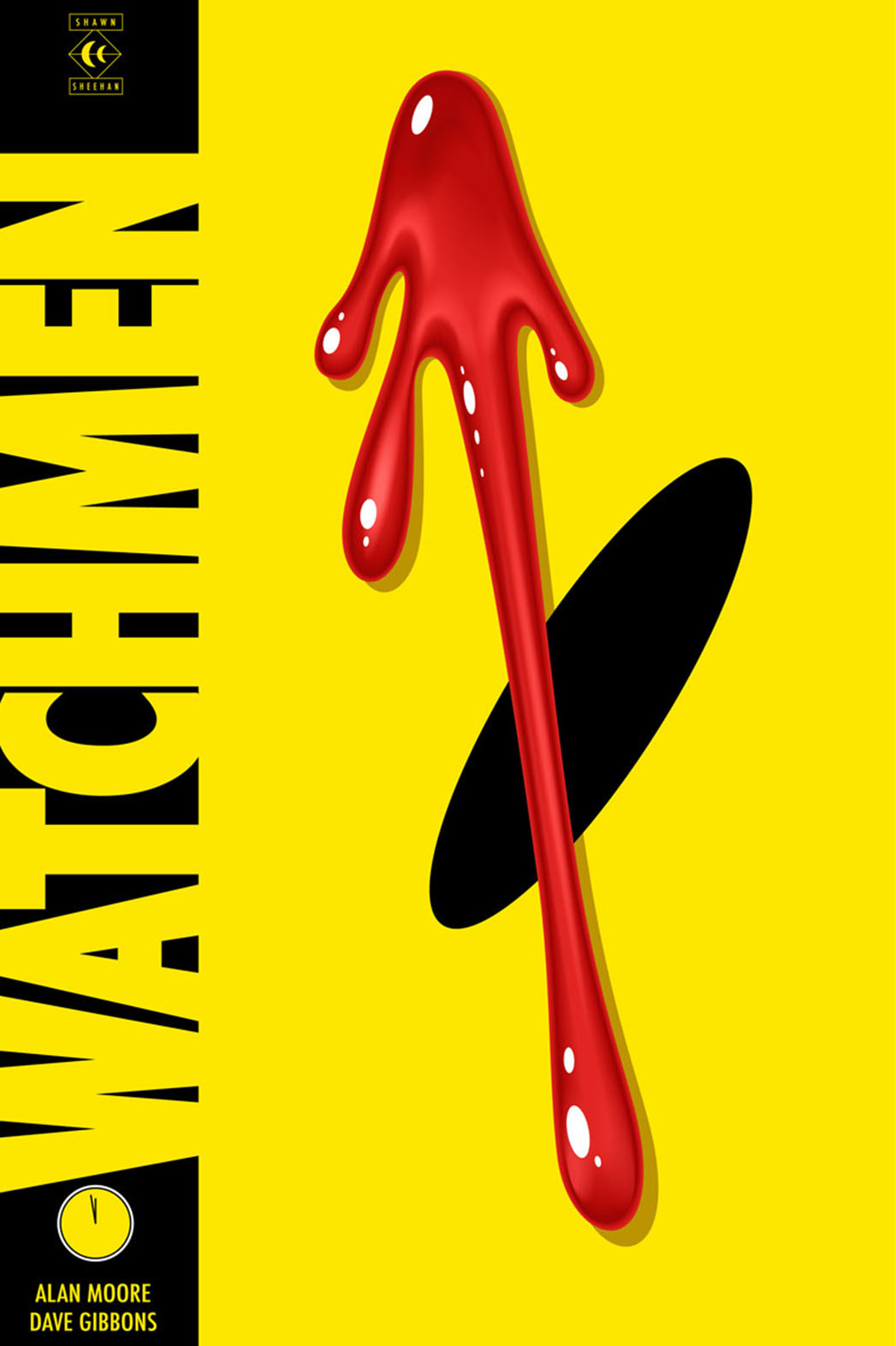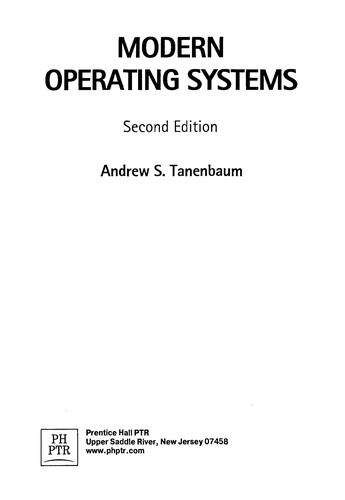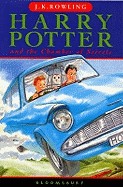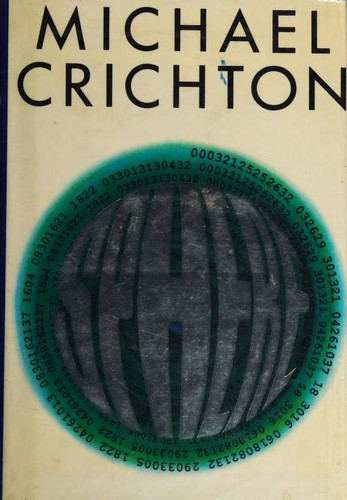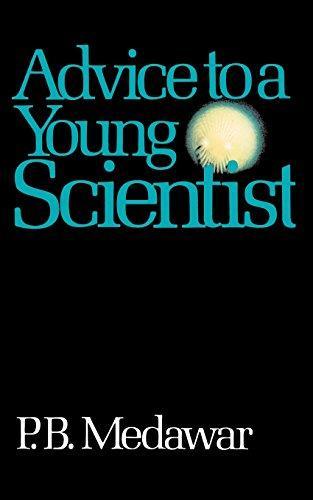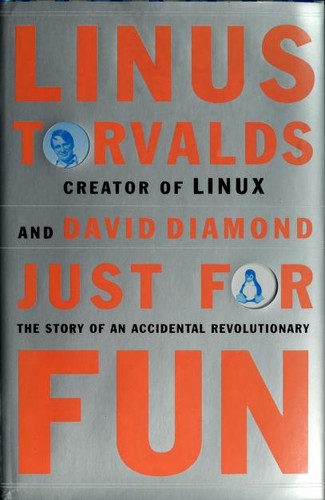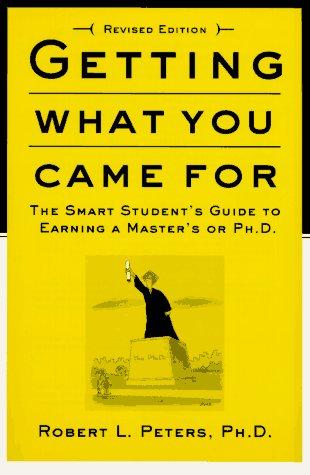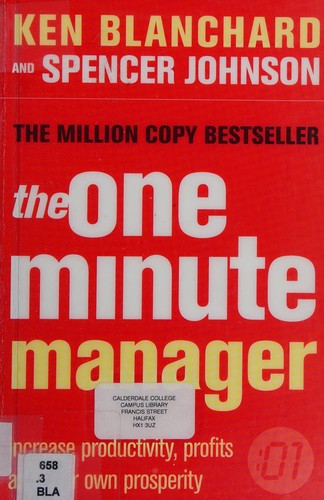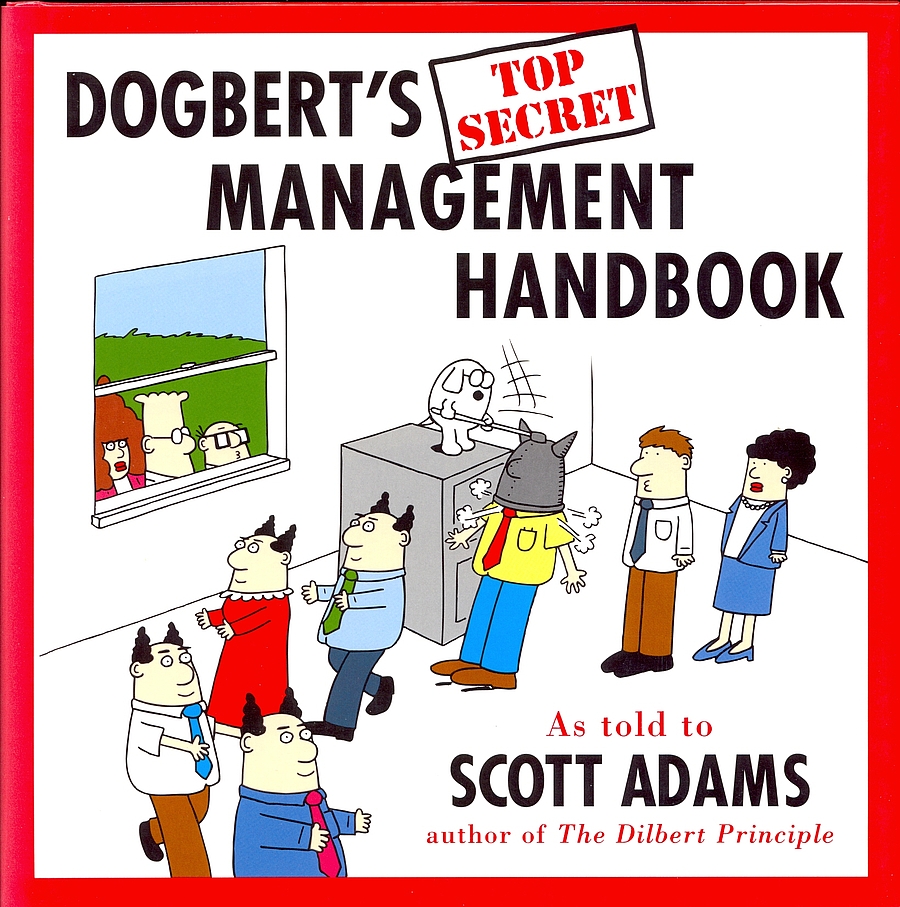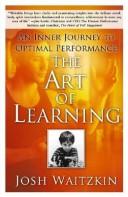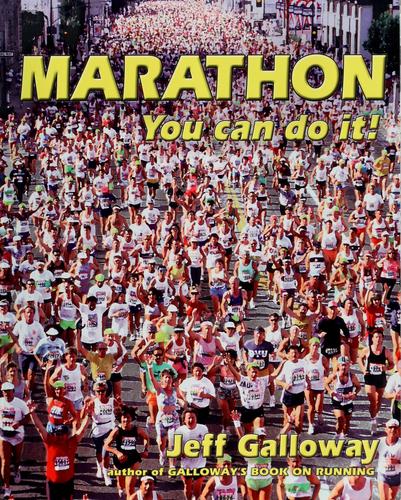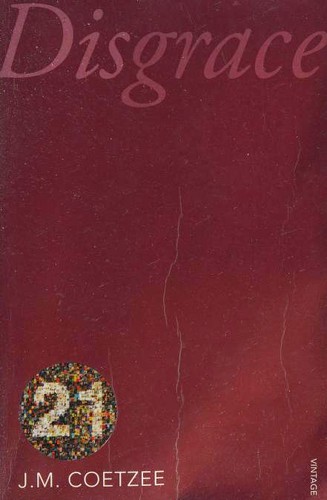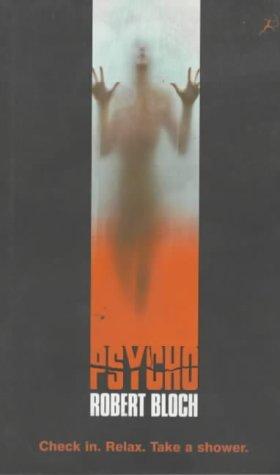Ashwin reviewed Watchmen by Alan Moore
Review of 'Watchmen' on 'Goodreads'
5 stars
I was floored by the trailer for the movie Watchmen, slated to release in 2009. Intrigued by the weird superheroes and their predicament shown in the trailer, I decided to check out the graphic novel it's based on. Watchmen, a graphic novel (and not a mere comic) written by Alan Moore and Dave Gibbons deals with the life of retired superheroes living in the USA of 1980s. Most of them have hung up their costumes after the Keene Act was passed banning vigilantism and they're now trying to get back to living within society. The book starts off with the murder of Edward Blake aka The Comedian. Walter Kovacs aka Rorschach thinks that this is no ordinary murder, but the first among a string intended to wipe off all the retired superheroes. He tries to find out who and why and this leads him to meet all his old superhero …
I was floored by the trailer for the movie Watchmen, slated to release in 2009. Intrigued by the weird superheroes and their predicament shown in the trailer, I decided to check out the graphic novel it's based on. Watchmen, a graphic novel (and not a mere comic) written by Alan Moore and Dave Gibbons deals with the life of retired superheroes living in the USA of 1980s. Most of them have hung up their costumes after the Keene Act was passed banning vigilantism and they're now trying to get back to living within society. The book starts off with the murder of Edward Blake aka The Comedian. Walter Kovacs aka Rorschach thinks that this is no ordinary murder, but the first among a string intended to wipe off all the retired superheroes. He tries to find out who and why and this leads him to meet all his old superhero buddies. This also leads the reader through the rest of the novel, to discover the stories of all these heroes (in flashback) and how they're leaving mundane lives among society.
At 436 pages, complete with artwork, Watchmen is a heavy read. The story is complex, deep and hugely introspective. It has a sombre mood all through, being set in a crumbling USA of the 1980s when Russia is waiting to unleash its nukes on their enemy. Alan Moore not only excels in the details of his characters, but the intricate way in which he reveals their arcs is just brilliant. Interspersed with the novel's timeline and its flashbacks are (fictional) excerpts from books, diaries, reports, all of which totally immerse the reader in the alternate world that Moore has wrought. There are also tons of quotes and art references as the book progresses. (For example, every chapter ends with a progressing blood spill onto a clock that is edging closer and closer to 12 midnight. The reader only discovers in the last chapter where this image actually fits in.) I will easily admit that this is nothing like any comic I've ever read, it's a totally new experience! As it says on the cover, this is definitely a book only for mature readers. It will forever change the way you look at comics/graphic novels/superheroes. A highly recommended read.

